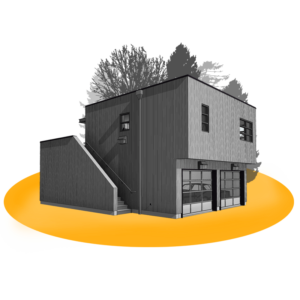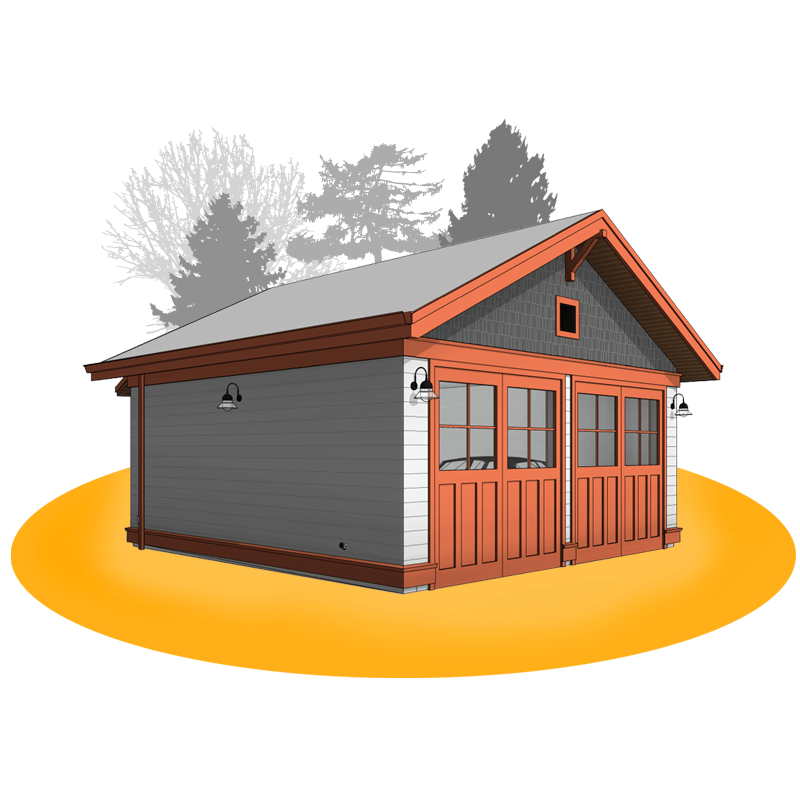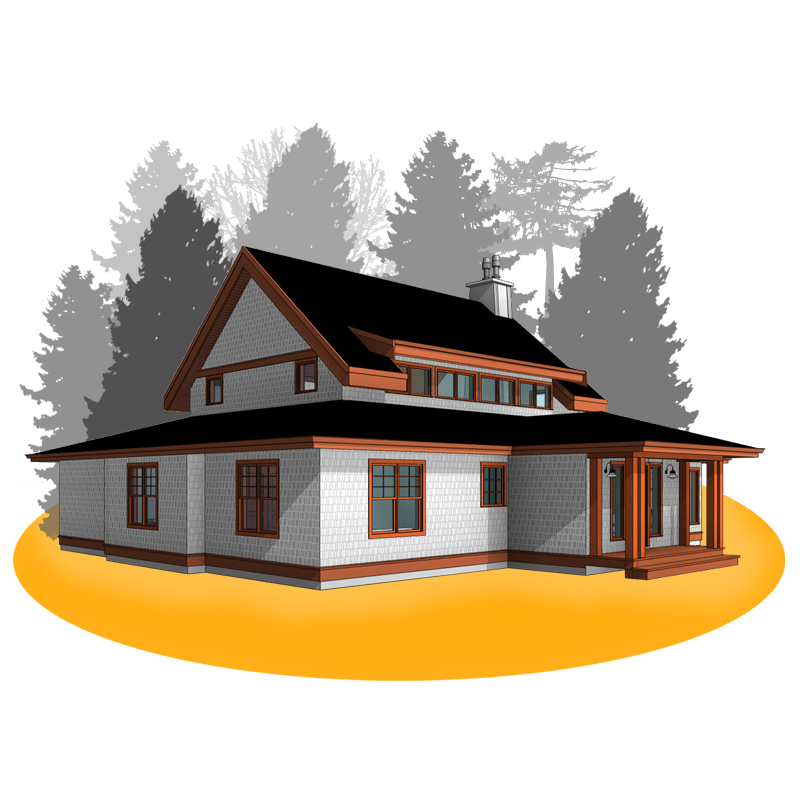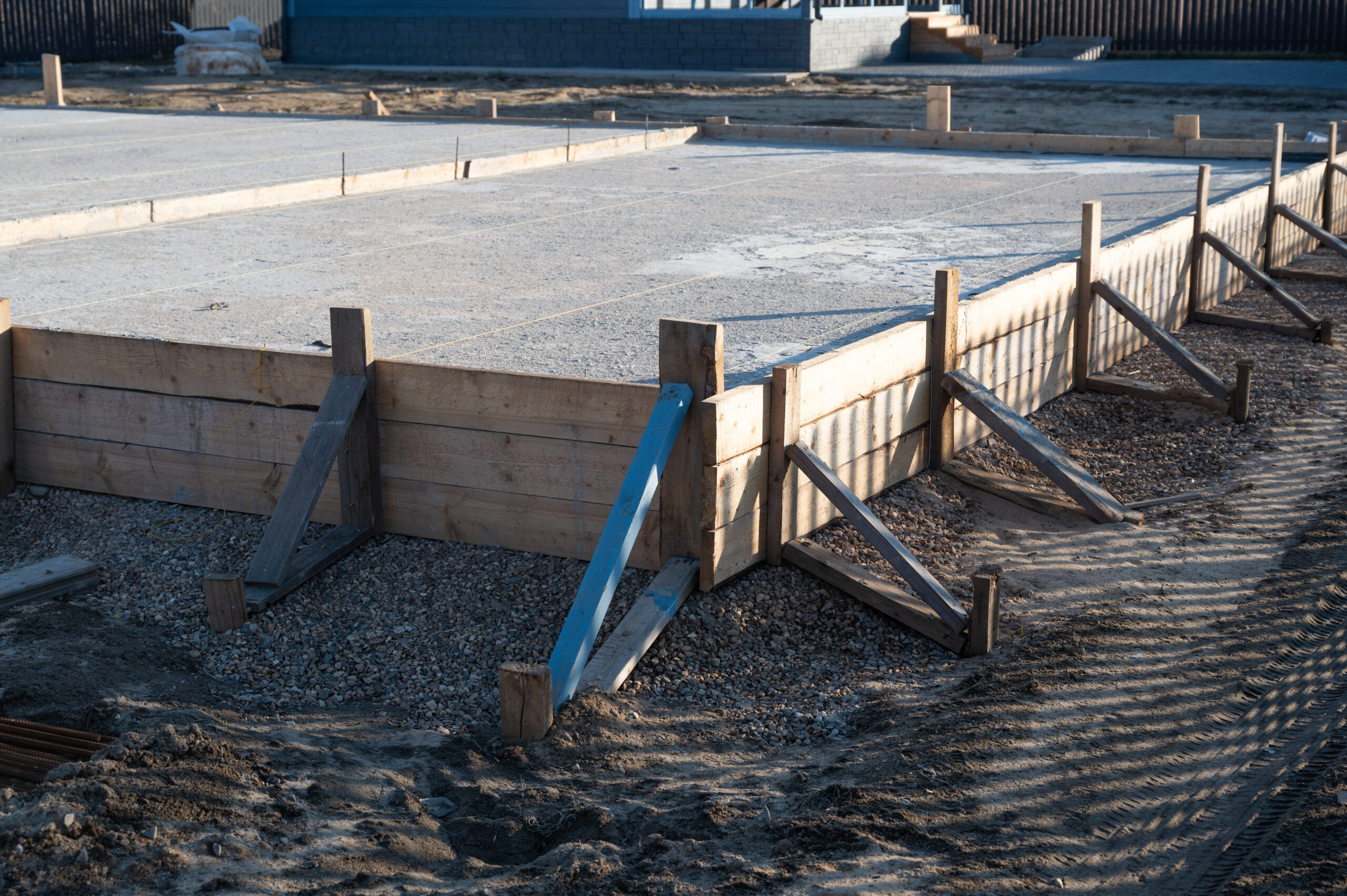
Things To Consider When Selecting a Home Designer or Architect

Table of Contents
Choosing the right designer or architect is crucial when building your dream home. You want someone who can bring your vision to life while working within your budget, design preferences, and timeline. But with so many options, how do you know whom to choose? Don’t worry; we’ve got you covered! This article will review critical factors when selecting a home designer or architect. From experience and design style to communication skills and professional qualifications, we will give you the inside scoop on what to look for in a partner for your home-building journey. Here are a few things you should consider.
Choose Someone Who Shares Your Vision
When selecting a home designer or architect, there are several things to think about – but none are more important than finding someone who shares your vision. Finding someone whose design style aligns with your project’s vision and has the skill set and experience necessary to bring it to life is crucial. Make sure the home designer is willing to listen to your ideas and put them into action while working together through the design stage. You will need to collaborate effectively on the project – and a shared vision goes a long way.
Consider Your Budget
Choose someone who can work within your budget constraints and is transparent about the costs involved. For a successful project, it’s essential to have an honest account of the project’s costs upfront so there are no surprises down the road. Some designers charge an hourly rate, while others require a flat fee for the entire project or a percentage of construction costs. Remember, you get what you pay for, and this is your dream house!
Review The Proposal
When selecting a home designer to work with, reviewing the proposal in detail is essential. The design proposal you receive should lay out the project scope, the design fees involved, the drawings to be delivered, and the timeline. And, of course, understanding the fee schedule is vital.

Engaged & Timely Communication
Working with someone you can effectively communicate and collaborate with throughout the design process is important too. Be sure to select a home designer or architect that offers multiple design meetings so you can stay involved throughout the design process. They must fully understand your vision to provide a unique plan tailored to your needs. You’ll want to provide feedback so that the result is what you had in mind. Be attentive during your initial meeting to ensure all your questions and concerns are covered. This first meeting is a preview of what the rest of your experience will be like.
Review Their Portfolio
Does the designer have a portfolio of similarly styled homes to your vision? It could be a book, digital link or even a list of addresses so you can see some final projects in person. Does the designer seem experienced with your project, such as a basement remodel or new home construction? Some of their completed projects should have elements and characters representing your project’s style.
Education
What kind of education does the designer have? Anyone can design a house, but the outcome may not be what you’re hoping for if you don’t hire a professional. For example, a graduate with a certificate from a college will not be able to design an elaborate home with all the bells and whistles you might want. Of course, if you want to be sure that you end up with a gorgeous house, it might be worth the extra cost of hiring an individual or firm with a degree in house design or a Master’s in architecture.
Check References
It would be best if you looked for someone with a good reputation in the industry and a portfolio of successful projects. How many years of experience does the designer have? Does the home designer or architect provide references from previous clients, and if not, why? Is the designer willing to meet with you in person or via an online platform like Zoom?
Take the time to ask about the designer’s experience, qualifications, and references. It’s essential to ensure that the designer is up to date on the latest trends in design and construction. Finally, it can be helpful to read reviews or blogs about other people’s experiences with the designers; this will give you some insight into what to expect from your project.
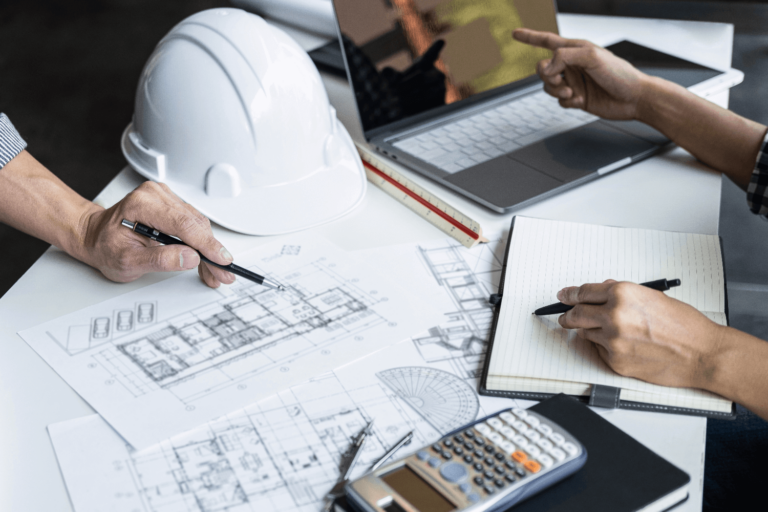
Understand The Timeline
While you may be excited and want your design work done immediately, allowing the designer time to complete the project to your mutual satisfaction is important. Depending on your project’s scope and the design firm’s workload, this may take several months. While the proposal should lay out a timeline, make sure the designer or architect has the time and capacity to work on your project and can meet your timeline. Remember, “good things come to those who wait.”
Ask Questions
Ask lots of questions! An experienced, reputable home designer will have an answer for everything and will be excited to share the process with you.
Should I do Try to Design My Own Home?
Designing your own home can be quite an adventure! Before you roll up your sleeves and dive into the project, consider a few things. First, do you have the expertise to navigate the building code, construction techniques, and materials? You’ll also need access to design software and tools. Designing your home can save you thousands of dollars, but it’s not free. A great alternative is selecting a custom house plan; it will save you thousands of dollars by not hiring a professional but still offering great value and a unique design. So, while you keep your budget in mind, consider your vision for the project; is it something you’re willing to tackle on your own?
Are You Looking For A Designer Recommendation?
Adaptive Design is a local Canadian design firm with over 20 years of experience. Their professionalism, attention to detail and excellent customer service set them apart. Adaptive Design is a premium design firm that offers a professional, personal touch on all projects they take on.
Share:

Mia


Social Media
Most Popular

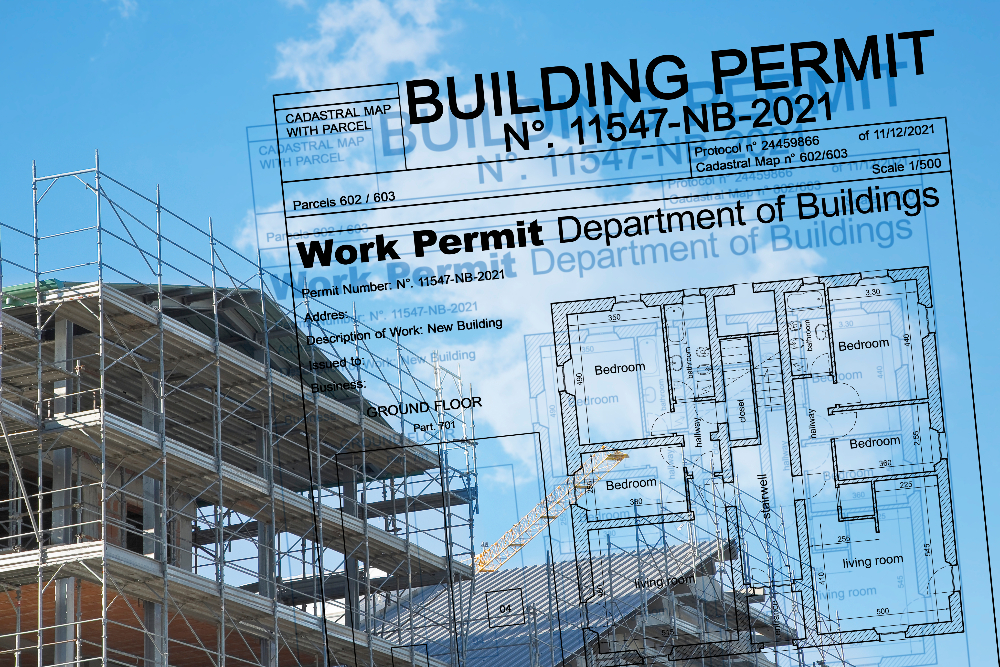
When Do You Need a Building Permit in BC?
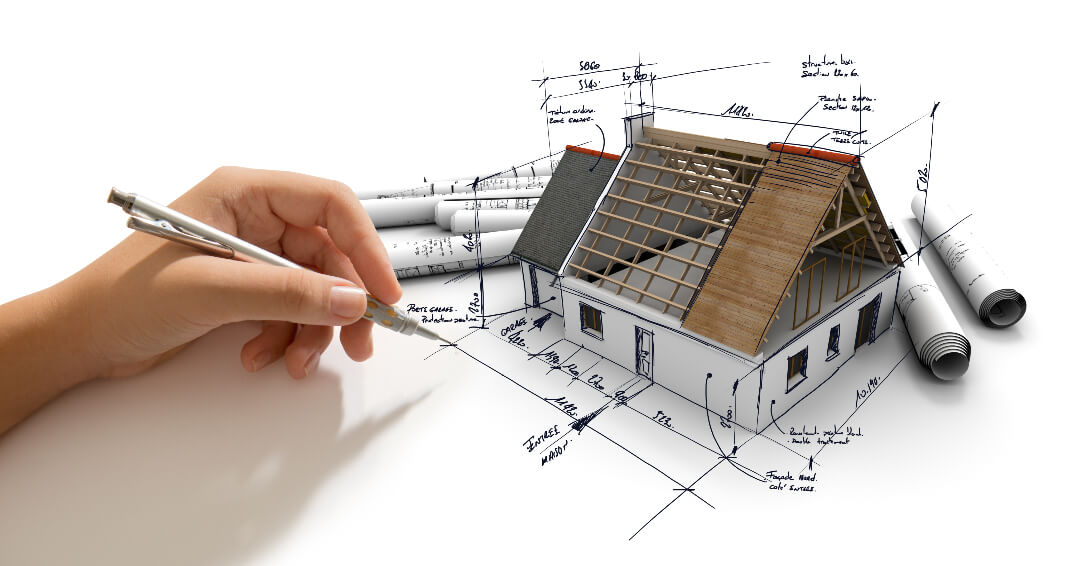
How to Customize a House Plan | 3 Easy Steps

What to Look for in a House Plan | Canadian Permit-Ready Floor Plans
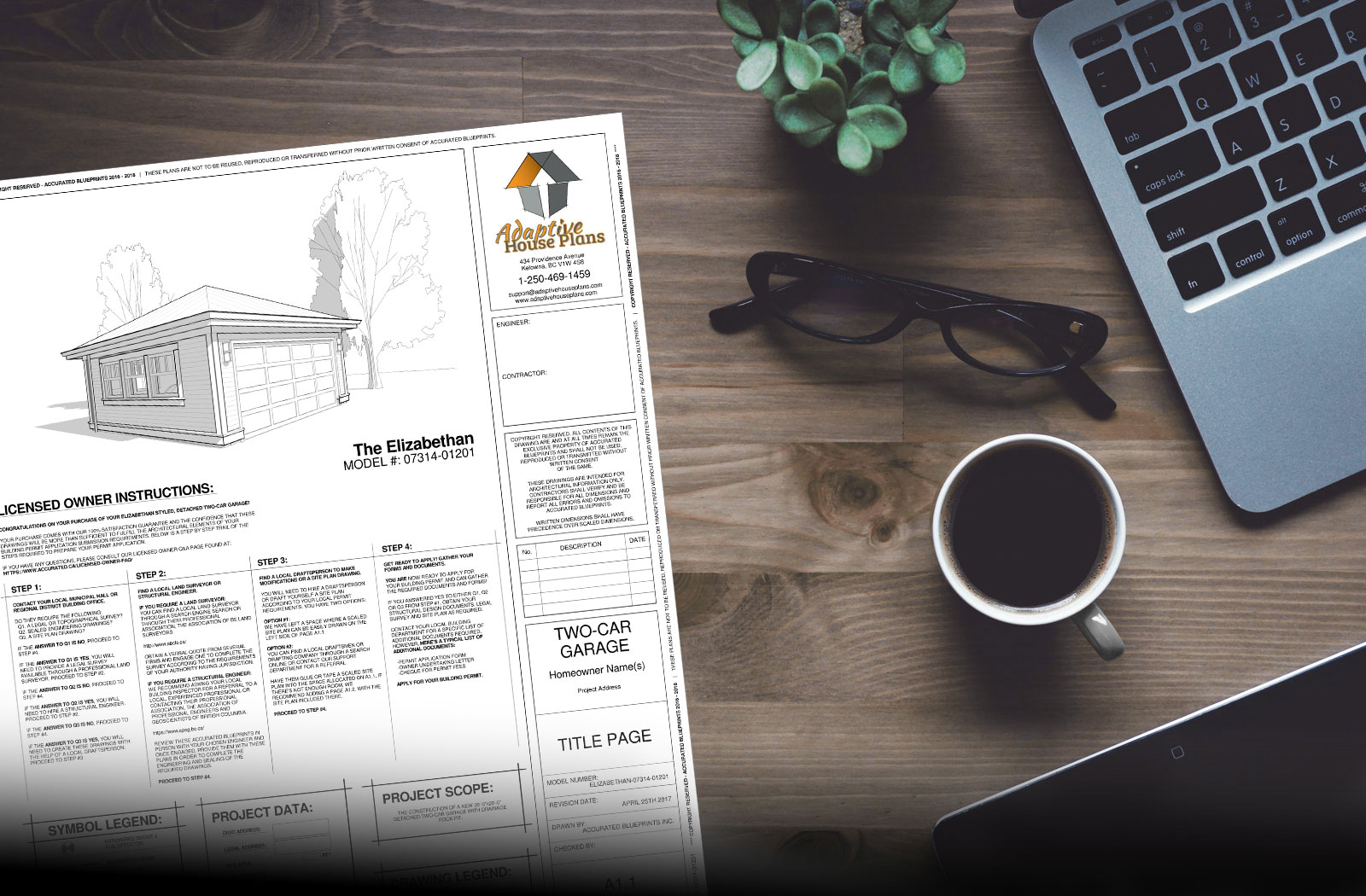

Selecting the Perfect Garage Plan | 8 Expert Tips
Subscribe To Our Newsletter
No spam, only notifications about new products, posts & updates. Unsubscribe at anytime.
House Plan Categories
Related Posts

How to Build a Raft Slab Foundation: A Step-by-Step Guide
In construction, the foundation is crucial for a building’s stability and longevity. Slab-on-grade foundations are a popular choice for small buildings. By maintaining the foundation at ground level and eliminating the need for a basement, these foundations minimize moisture infiltration and reduce heating costs. Canadian climates present challenges like frost heave and settlement, requiring careful

When Do You Need a Building Permit in BC?
So, what is a Building Permit, and when do you need one? To put it simply, a building permit is like an official permission slip you need from the city before you can start a construction project. It’s an official document indicating that local authorities have reviewed and approved your construction project. It’s a way

How to Customize a House Plan | 3 Easy Steps
Get ready to let your creativity soar because we’re about to take you through the simple and exciting process of customizing a floor plan. In just 3 easy steps, we can show you how to customize a house plan. You’ll be able to transform an almost-perfect plan into your dream home. Whether you’d like to

What to Look for in a House Plan | Canadian Permit-Ready Floor Plans
When choosing a floor plan in Canada, there are several factors to keep in mind. While aesthetics, such as layout, functionality, window placement, and overall size, are often the first considerations, it’s equally crucial to prioritize the floor plan’s functionality. Ensuring the floor plan includes all the necessary components to meet local and Canadian building



